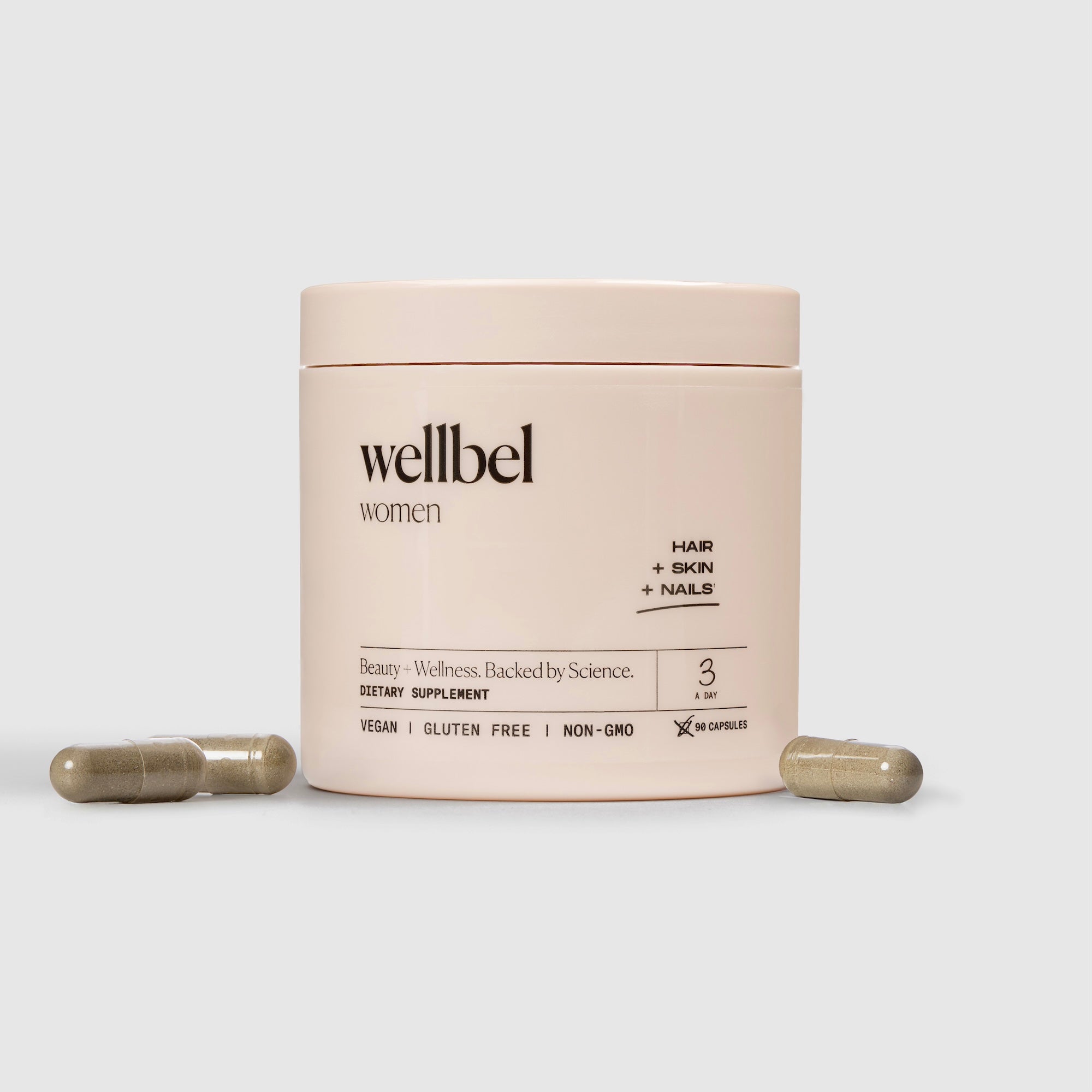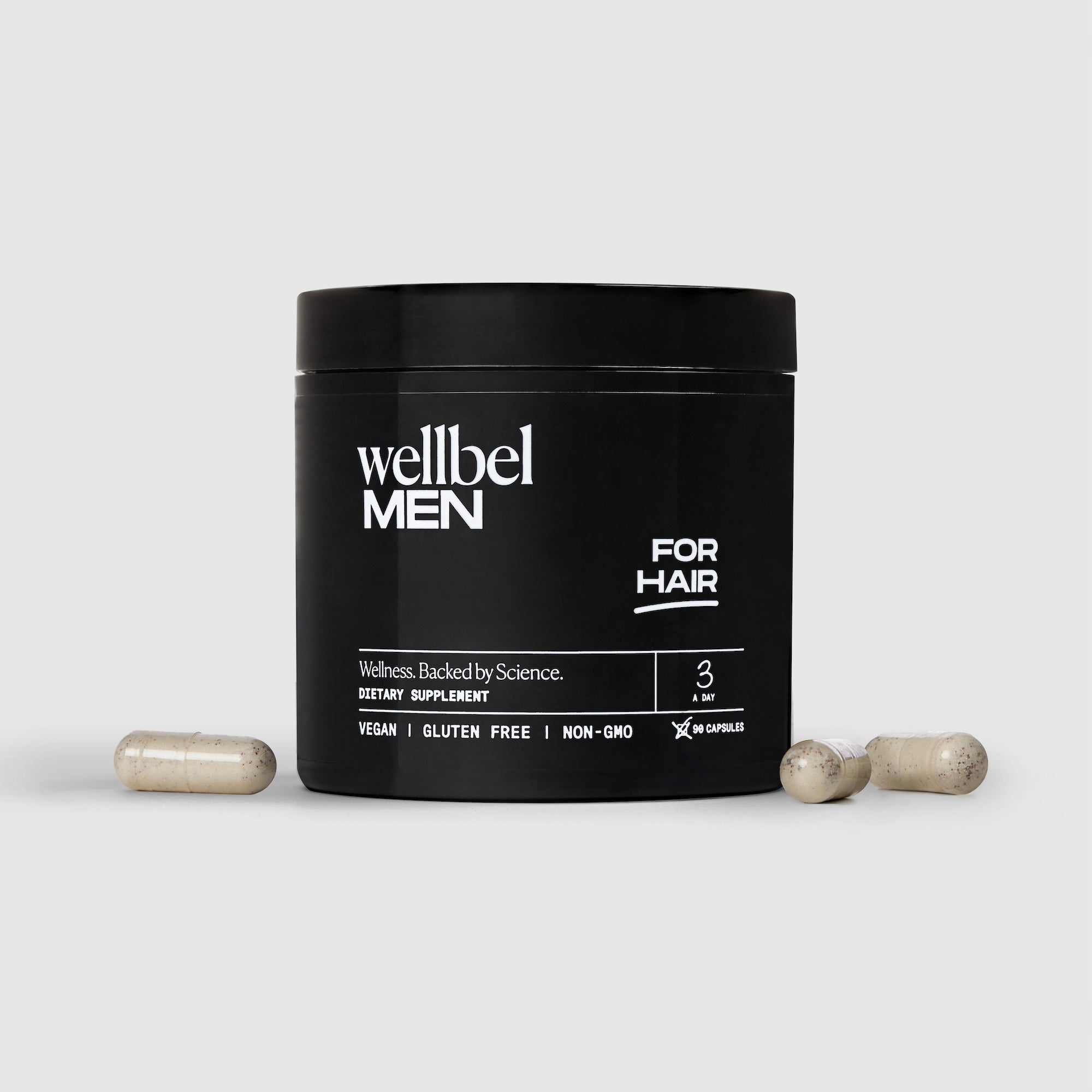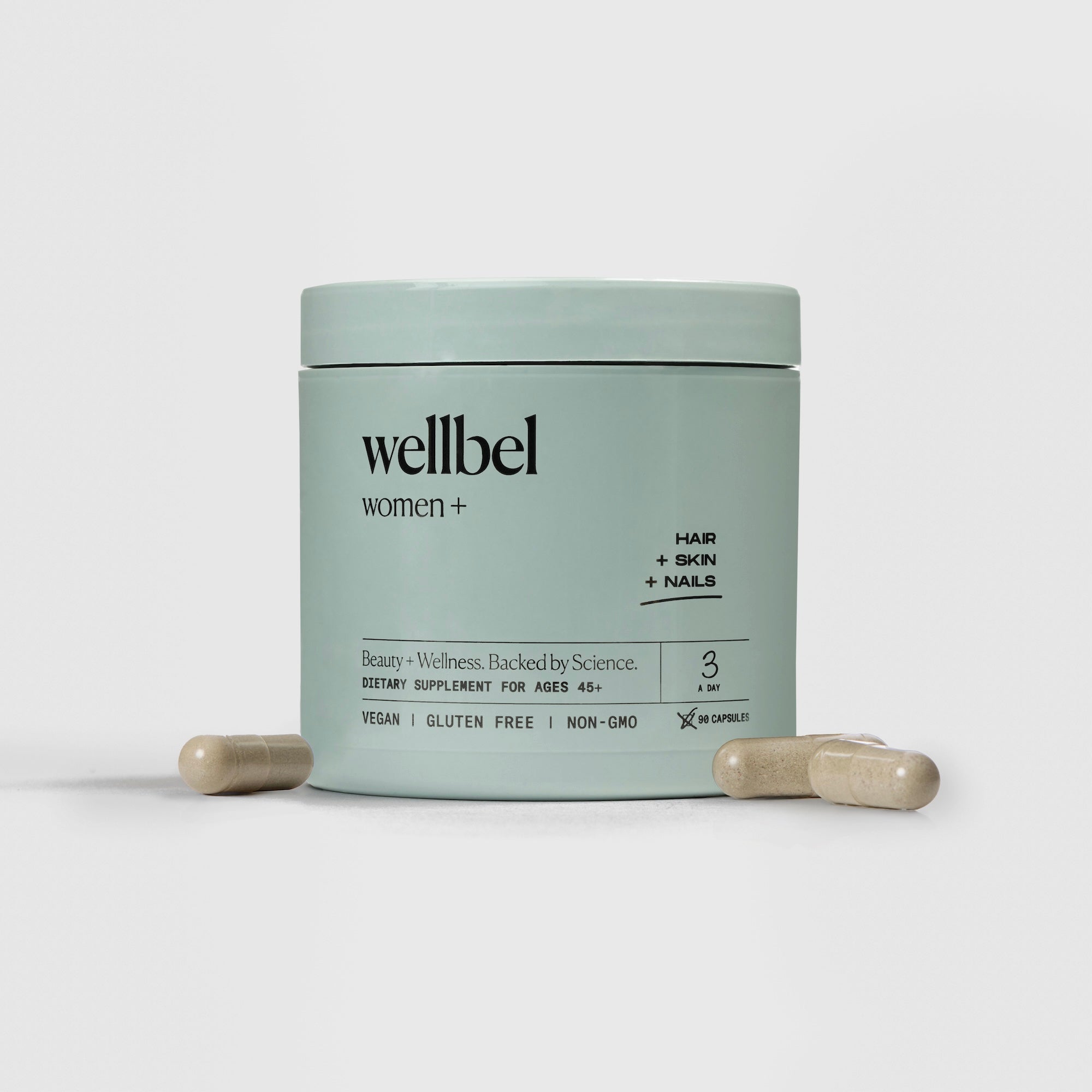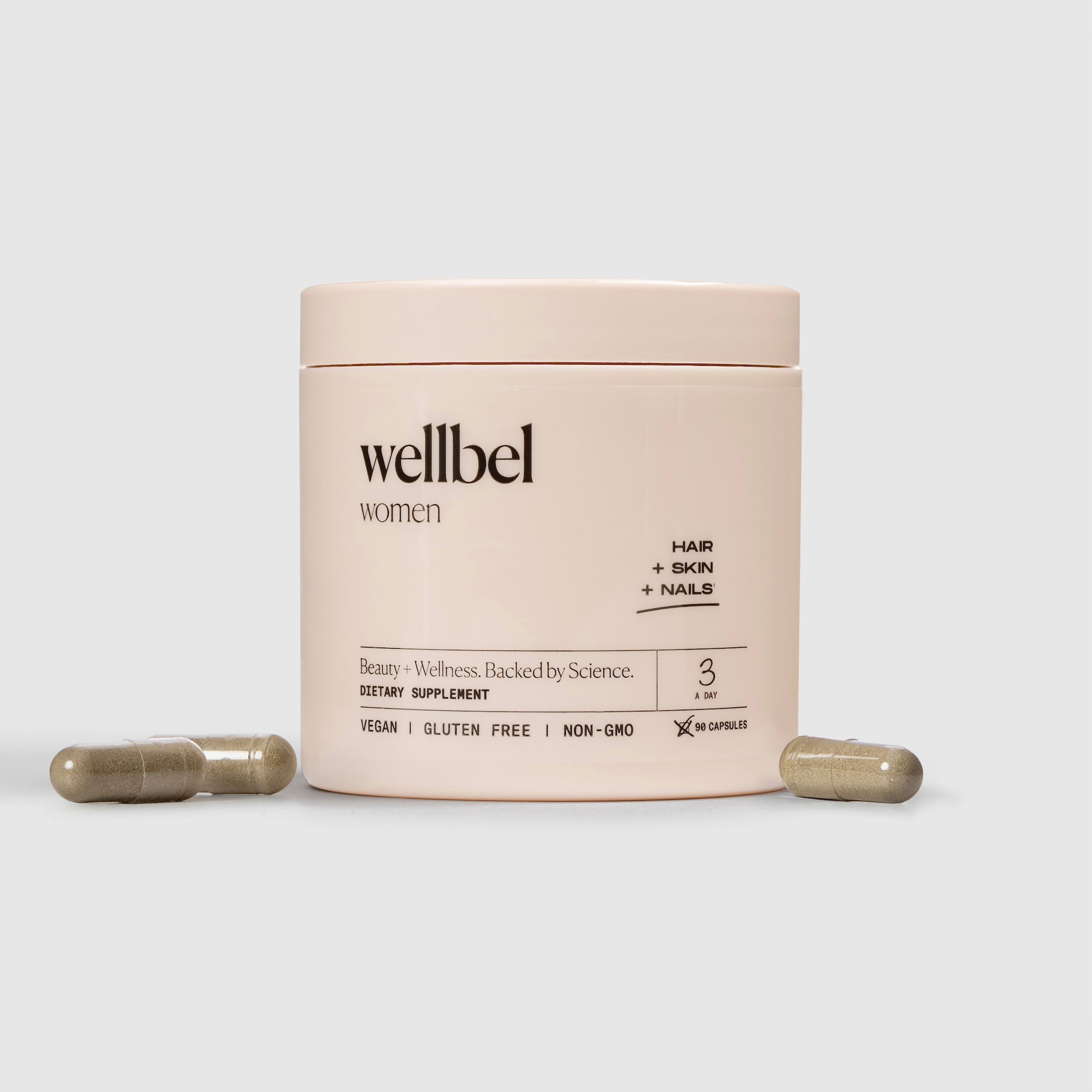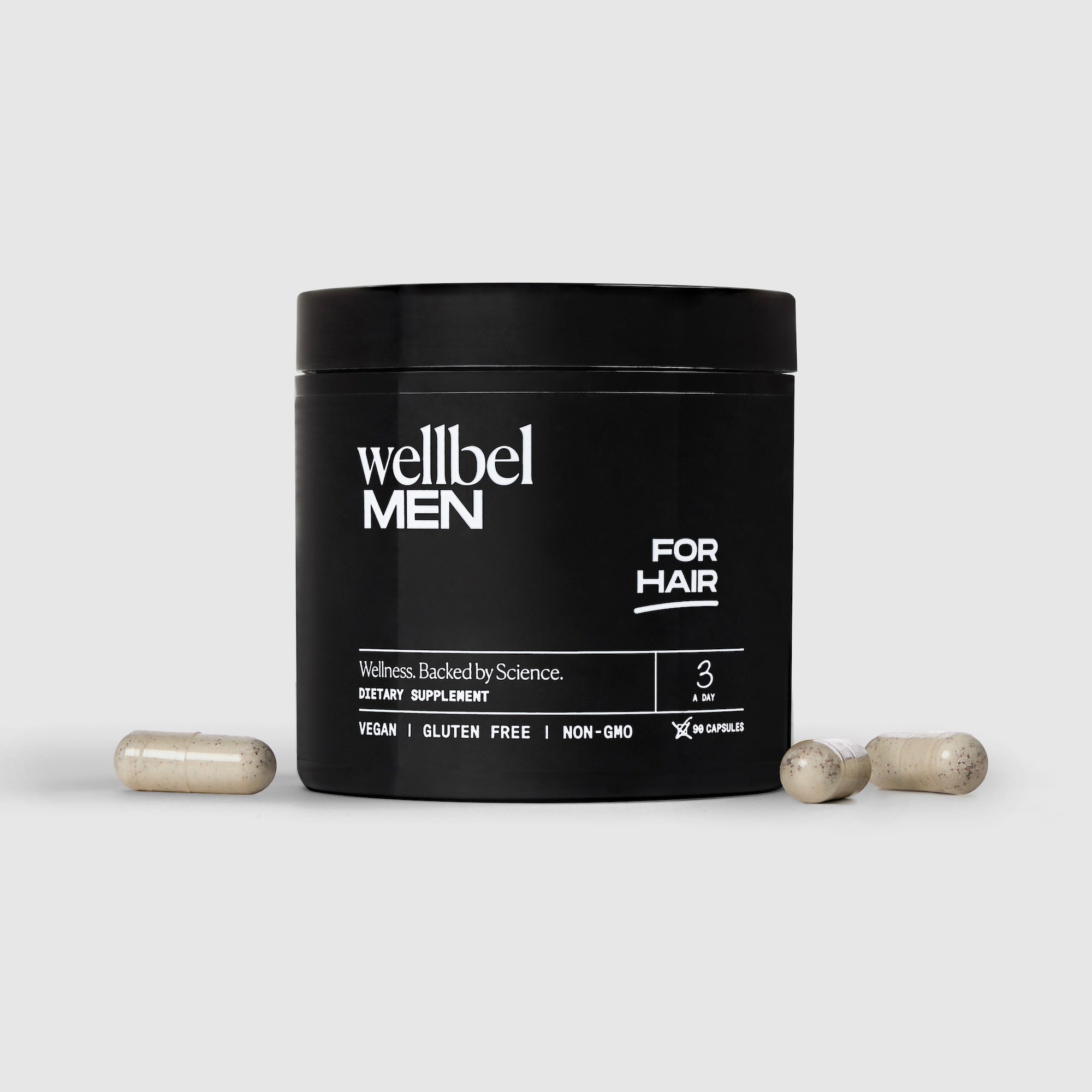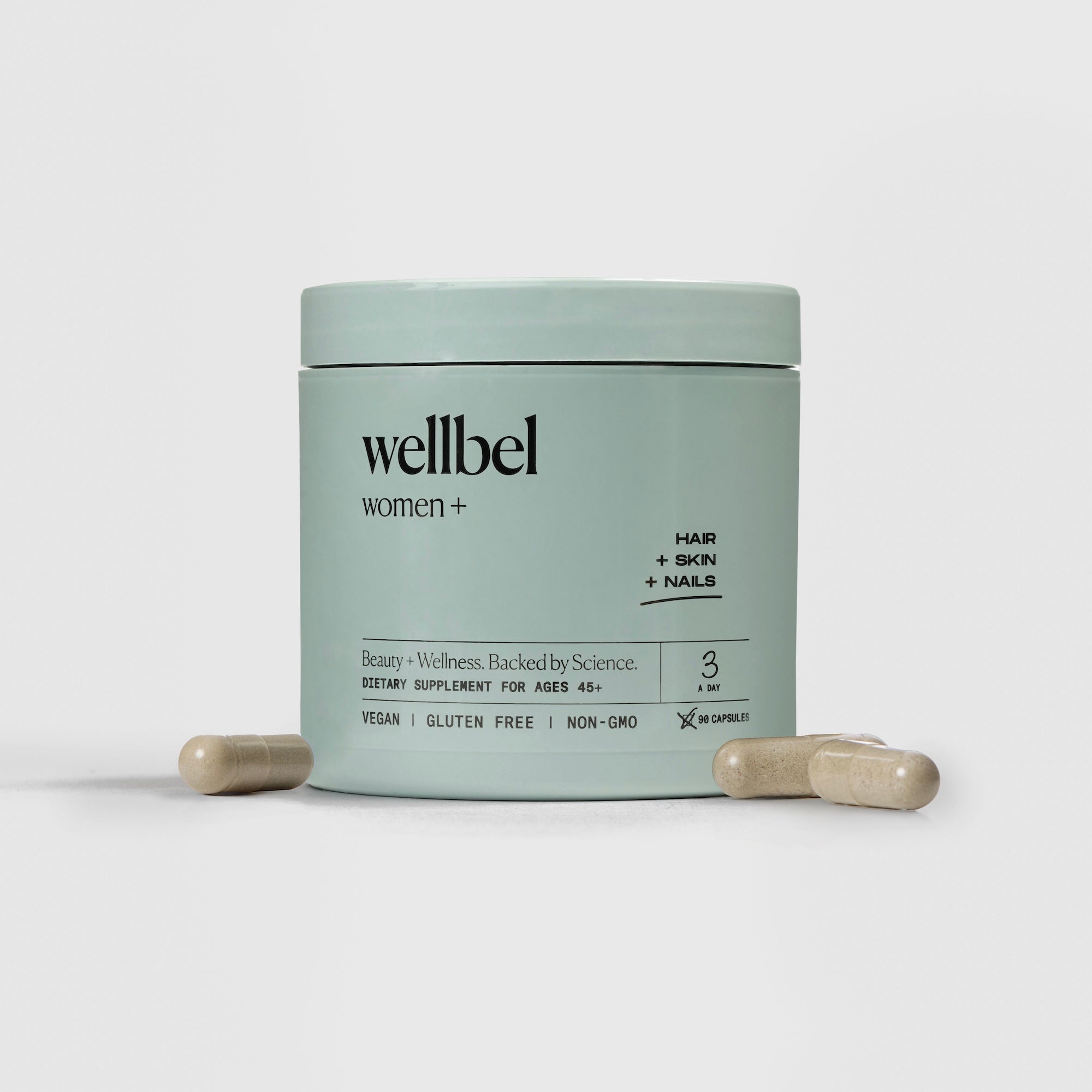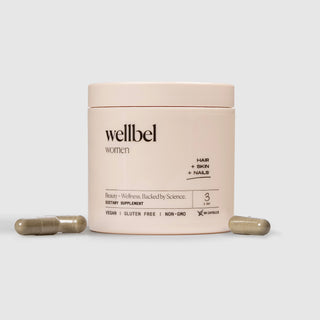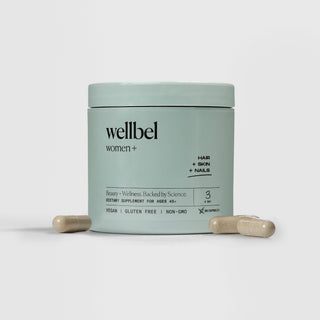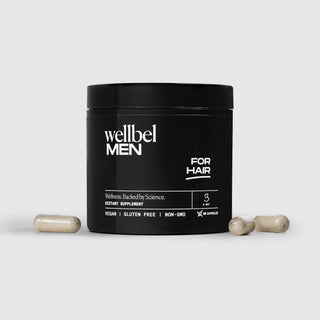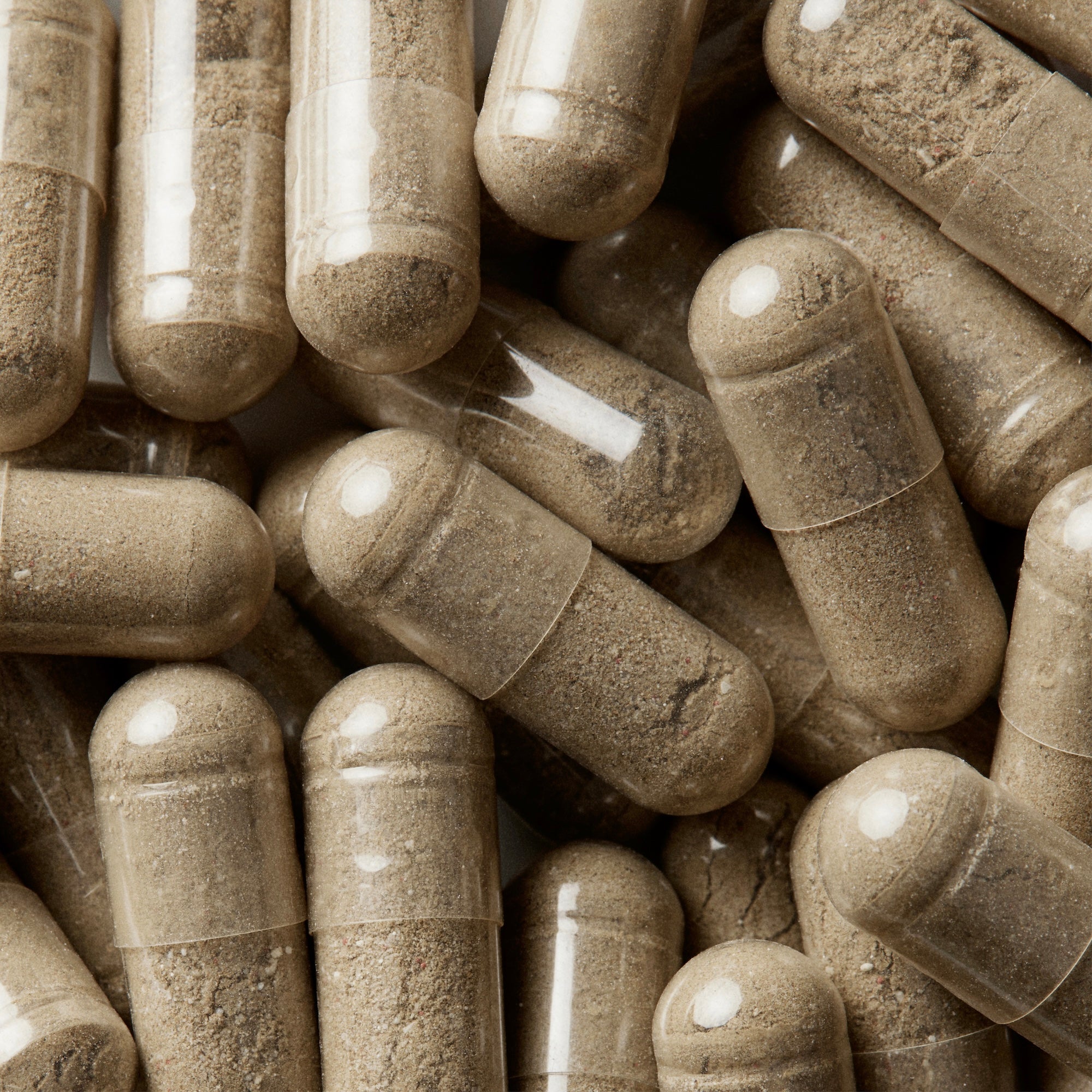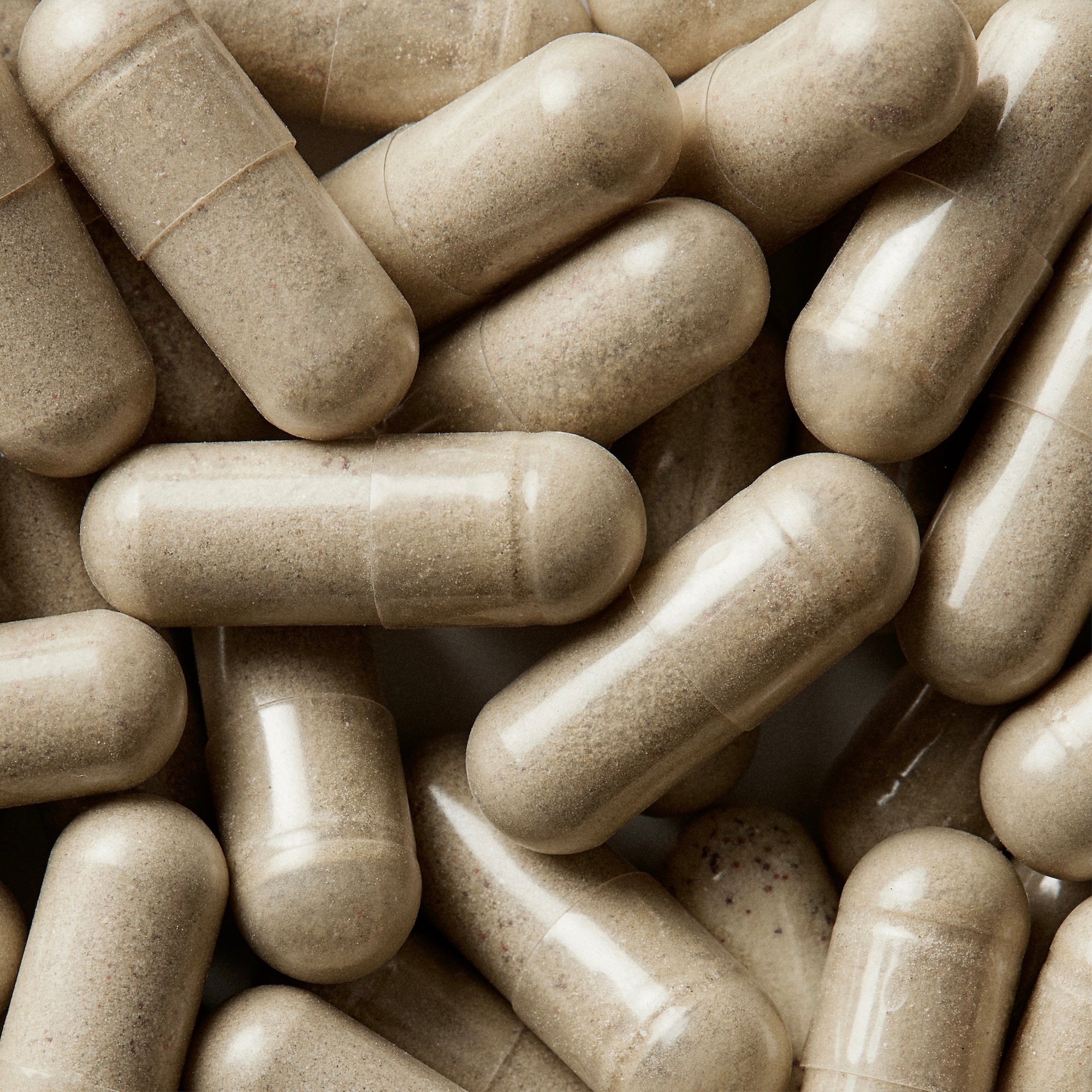Stress, Hormones, and Your Health: What You Really Need to Know
Stress and hormones are inseparable. Hormones are your body’s messengers, guiding everything from sleep and energy to fertility, skin, and digestion. Stress, especially when it lingers, can disrupt this delicate balance. Understanding how stress affects hormones and what you can do about it is key to feeling your best.
Myth 1: Stress is only in your head
Stress is not just mental. It is a whole-body response. When you feel pressure, your body produces cortisol, the primary stress hormone. Cortisol is helpful in short bursts, but chronic stress keeps it elevated, disrupting reproductive hormones like estrogen and testosterone, slowing thyroid function, and interfering with insulin. These shifts may lead to weight changes, low libido, irregular cycles, or even hair thinning and breakouts.
Myth 2: Hormonal stress effects only matter for women
Men and women are equally affected.
-
In men, prolonged stress can suppress testosterone, leading to fatigue, muscle loss, and mood changes.
-
In women, cortisol spikes can interfere with ovulation, trigger PMS flares, and worsen hormonal acne.
Both sexes experience sleep disruption, cravings, and shifts in body composition when stress hormones are out of balance.
Myth 3: The goal is to eliminate stress
A stress-free life is not realistic. What matters is recovery. Cortisol follows a natural rhythm, rising in the morning to wake you and falling at night to help you rest. Chronic stress flattens this curve, leaving people wired at night and sluggish in the morning.
Daily practices such as consistent sleep, balanced nutrition, movement, and mindfulness help reset this rhythm and restore balance.
Myth 4: Supplements cancel out stress
Supplements are not a cure-all, but they do play an important role in building resilience. Stress consumes nutrients like B vitamins and magnesium, which are essential for adrenal function and energy metabolism.
-
Zinc supports both skin repair and testosterone balance, which can be disrupted by cortisol.
-
Vitamin D helps regulate immunity, often weakened under stress.
-
Omega-3 fatty acids reduce inflammation that chronic stress worsens.
These nutrients work best when paired with restorative lifestyle practices.
How Stress Affects the Hair Growth Cycle
Before understanding how stress impacts hair, it’s important to know the three phases of hair growth:
-
Anagen (Growth Phase): The active growth period lasting 2–7 years. About 85–90% of your hair is in this phase at any time.
-
Catagen (Transition Phase): A brief 2–3 week period when growth stops and the follicle shrinks.
-
Telogen (Resting Phase): Hair rests for about 3 months before shedding to make room for new growth.
Chronic stress can push more hairs into the telogen phase prematurely, leading to increased shedding months later (telogen effluvium). Stress also shortens the anagen phase, meaning hair doesn’t grow as long or thick as it could. Supporting your body through stressful periods with proper nutrition can help maintain healthier hair cycles.
How Digestion and Skin Reflect Stress
Stress doesn’t only affect hormones directly. It also changes how your body absorbs and uses nutrients. Cortisol can reduce stomach acid, impairing digestion and limiting absorption of protein, minerals, and vitamins that are needed to make hormones.
Supporting healthy digestion with ingredients like betaine HCl helps your body break down protein and absorb the building blocks of hormone production.
At the same time, stress increases inflammation and oxidative stress, which often show up in skin and hair. MSM (methylsulfonylmethane) provides sulfur, a critical building block for collagen and keratin, helping strengthen hair, skin, and connective tissue during times of stress.
Common Signs Stress is Affecting Your Hormones
-
Hair shedding that worsens during stressful periods
-
Breakouts or skin flares linked to deadlines or lack of sleep
-
Sugar cravings and blood sugar swings
-
Irregular cycles or worsened PMS symptoms
-
Persistent fatigue or low energy despite rest
-
Difficulty falling asleep or staying asleep
Everyday Strategies to Support Hormonal Balance
-
Aim for seven to nine hours of quality sleep
-
Eat protein-rich, fiber-filled meals with healthy fats for stable energy
-
Engage in daily movement, even brisk walking, to lower cortisol
-
Use breathing practices or meditation to regulate your stress response
-
Support your body with nutrients that restore balance, including those that aid digestion and skin resilience
The Bottom Line
Stress is not just a feeling. It is a biological event that can shift hormones, disrupt digestion, and affect your skin and hair. By understanding these connections, you can take practical steps to restore balance.
Lifestyle practices are the foundation, and targeted nutrients such as B vitamins, zinc, vitamin D, omega-3s, MSM, and betaine HCl provide the building blocks your body needs to stay resilient.
Frequently Asked Questions
Does stress cause hormonal imbalance?
Yes. Chronically high cortisol disrupts sex hormones, thyroid hormones, and insulin regulation.
Can stress lead to hair changes or acne?
Yes. Stress-driven hormone shifts affect skin oil production and can push hair follicles into a shedding phase.
How does digestion relate to stress and hormones?
Stress reduces stomach acid, which lowers nutrient absorption. Without enough nutrients, your body cannot produce or regulate hormones properly. Betaine HCl supports digestion and nutrient availability.
Can nutrients protect skin and hair under stress?
Yes. MSM provides sulfur, which strengthens keratin and collagen, essential for skin and hair health during stressful times.

